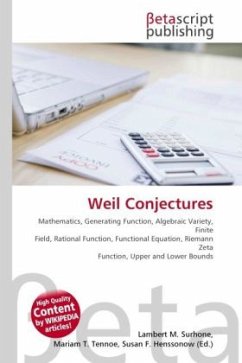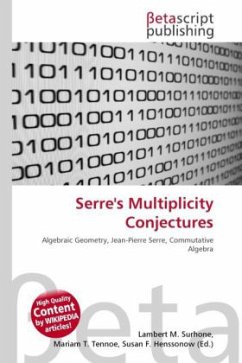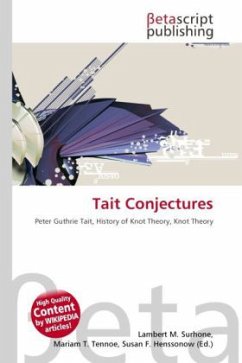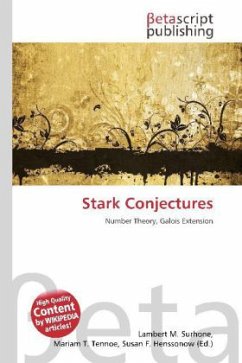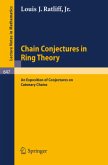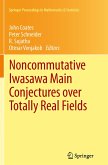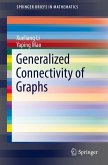High Quality Content by WIKIPEDIA articles! In mathematics, the Weil conjectures, which had become theorems by 1974, were some highly-influential proposals from the late 1940s by André Weil on the generating functions (known as local zeta-functions) derived from counting the number of points on algebraic varieties over finite fields. A variety V over a finite field with q elements has a finite number of rational points, as well as points over every finite field with qk elements containing that field. The generating function has coefficients derived from the numbers Nk of points over the (essentially unique) field with qk elements. The main burden was that such zeta-functions should be rational functions, should satisfy a form of functional equation, and should have their zeroes in restricted places. The last two parts were quite consciously modelled on the Riemann zeta function and Riemann hypothesis.
Bitte wählen Sie Ihr Anliegen aus.
Rechnungen
Retourenschein anfordern
Bestellstatus
Storno

